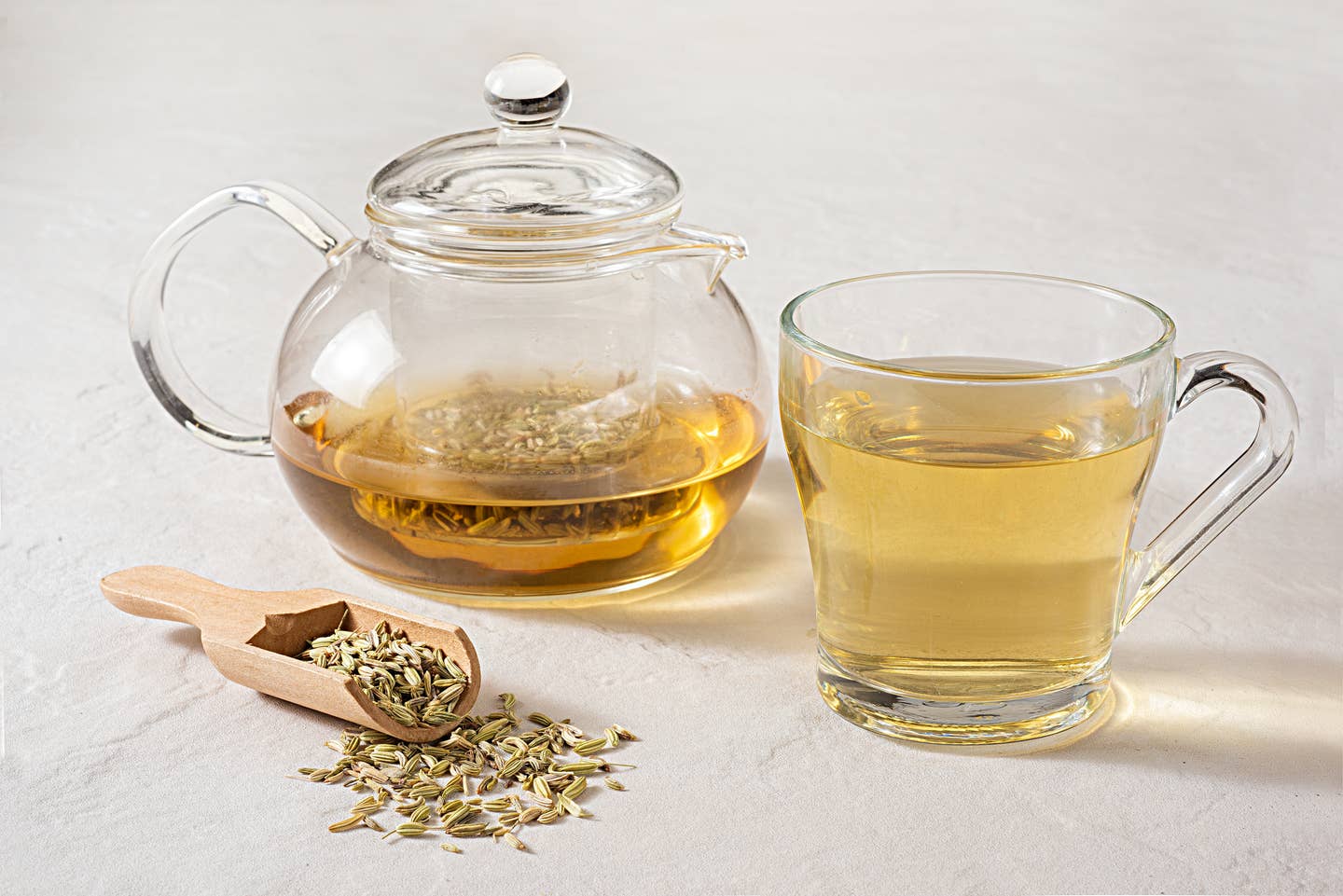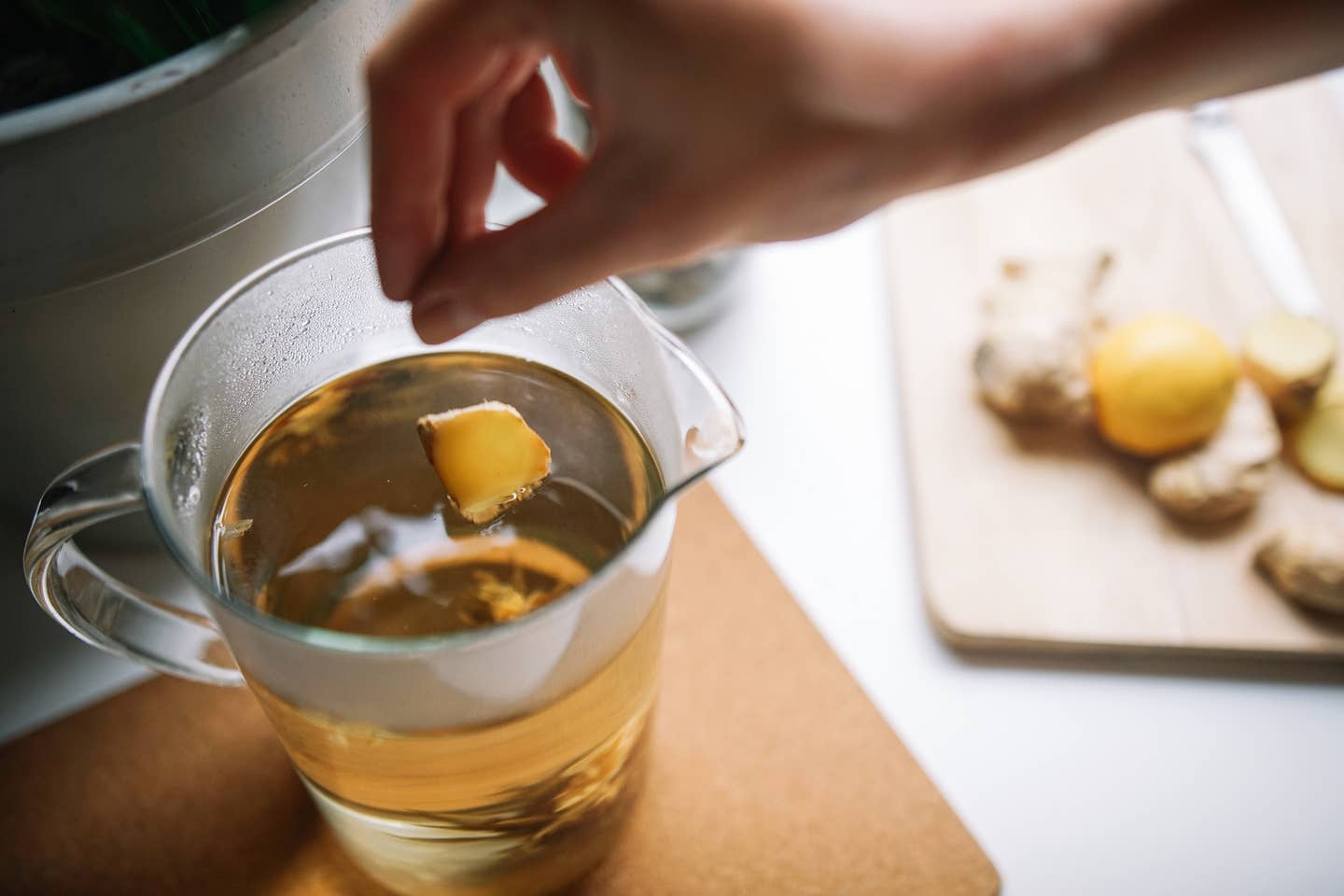
The Best Nootropic Herbs for Memory, Cognition, and Brain Health
Are you looking to be a better musician? Student? Writer? Herbs can give you an extra edge to make your hard work more efficient and your brain sharper. Maybe you already eat a plant-based diet to help prevent cognitive decline. For plant-based early adopters, there is a unique opportunity to increase the strength of your cognitive function with just a few informed choices, specifically plants proven to promote brain function. There's an entire array of herbs that help boost brain health, called nootropics. Here's what you need to know.
What are Nootropics?
Nootropics are herbs that improve concentration, memory, and learning. They also stave off cognitive decline and improve mood, sleep, and mental health.
The Health Benefits of Nootropics
Nootropics act on a variety of cognitive mechanisms, including hormones, brain waves, cerebral blood flow, neurotransmitters, cellular energy, and neuroplasticity. A single nootropic, depending on its efficacy, may act on one or all of these factors. Let’s explore some of the most potent nootropic herbs.
Bacopa
Let’s start with an herb native to wetlands on many continents that have been proven to act on a plethora of neurocognitive functions: Bacopa monnieri, also known as Brahmi, water hyssop, and herb of grace.
Researchers do not hesitate to sing the praises of bacopa; the authors of this study write, “Several randomized, double-blind, placebo-controlled trials have substantiated BM's nootropic utility in humans. There is also evidence for potential attenuation of dementia, Parkinson's disease, and epilepsy.
Current evidence suggests BM acts via the following mechanisms—anti-oxidant neuroprotection (via redox and enzyme induction), acetylcholinesterase inhibition and/or choline acetyltransferase activation, β-amyloid reduction, increased cerebral blood flow, and neurotransmitter modulation (acetylcholine [ACh], 5-hydroxytryptamine [5-HT], dopamine [DA]).
Scientists are enthusiastic about it and you should be too! Try your own experiment and ask yourself, how does Bacopa make me feel after five days of taking half of a teaspoon twice a day, at least 45 minutes before or two hours after mealtime?
You can take it in warm water or tea—the heat will aid your digestion of the herb. Banyan Botanicals has some of the highest quality Bacopa on the market.
Gotu Kola
Gotu Kola is a perennial plant native to the eastern hemisphere. It’s often confused with Bacopa, as both are called Brahmi, or Indian pennywort, but in fact, Gotu kola is a distinct species called centella asiatica.
Right now, scientists agree that Gotu kola is a neuroprotectant, and they are trying to discern how the herb functions in this way. The authors of this study say, “At the in vitro level, C. asiatica promotes dendrite arborisation and elongation, and also protects the neurons from apoptosis. In vivo studies have shown that the whole extract and also individual compounds of C. asiatica have a protective effect against various neurological diseases. Most of the in vivo studies on neuroprotective effects have focused on Alzheimer’s disease, Parkinson’s disease, learning and memory enhancement, neurotoxicity and other mental illnesses such as depression and anxiety, and epilepsy.”
Like most herbs, powders are more potent than tinctures and be sure to buy organic for a 30 percent higher nutrient content. You can find Gotu kola at Mountain Rose Herbs.
Lion’s Mane
You’ve probably already heard about how healthy Lion’s Mane mushroom is for the brain, but what exactly is it about this medicinal mushroom that makes it such an effective study aid?
Research has shown that Lion’s Mane mushroom increases the secretion of nerve growth factors, which helps grow, maintain, and proliferate neurons.
Another study suggests preclinical evidence that lion’s mane in combination with its isolates improves conditions around ischemic stroke, Alzheimer’s disease, Parkinson’s disease, and depression.
You can find the organic powder at Om Mushrooms.
Ginkgo Biloba
Whether you struggle with memory, or you are a healthy person looking to improve your memory, Gingko Biloba can help. This 290-million-year-old Chinese tree species has been on TV commercials for decades, but how exactly does it increase memory?
Studies have shown that Gingko improves working memory. Animal studies have suggested that Ginkgo has neuroprotective properties.
Ginkgo is an oft-discussed herb, and it is controversial in the scientific literatures whether it is truly a nootropic or not. Certainly, it interacts with many medications and one should consult with their doctor before taking it.
You can find the organic powder at Mountain Rose Herbs.
Korean Red Ginseng
Panax ginseng made our list of herbs that strengthen immunity, and it stands out in this list too— evidence shows that it can be classified in a specific subcategory of adaptogens called actoprotectors, which are “preparations that increase the mental performance and enhance body stability against physical loads without increasing oxygen consumption.” So, when put under physical or cognitive stress, a person taking ginseng will have better physical and mental performance without expending extra energy intaking and processing oxygen.
Athletes should especially take note here—imagine performing better on the same amount of oxygen. There is also evidence that “ginseng can be used as a drug to affect neurons [121] and to achieve peripheral nerve regeneration to prevent muscle atrophy,” which is why herbalists suggest it can help one recover from sports injuries.
If you experience a foggy mind on occasion, it’s a good idea for you to incorporate herbs in your diet. Make sure to do your research, but generally, herbs have fewer side effects than synthetic nutraceuticals, a clear sign that you are living in harmony with nature.
For more content like this, check out our lists of herbs to increase muscle mass and our list of herbs to increase libido.
More From The Beet






